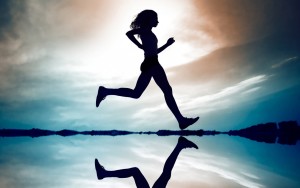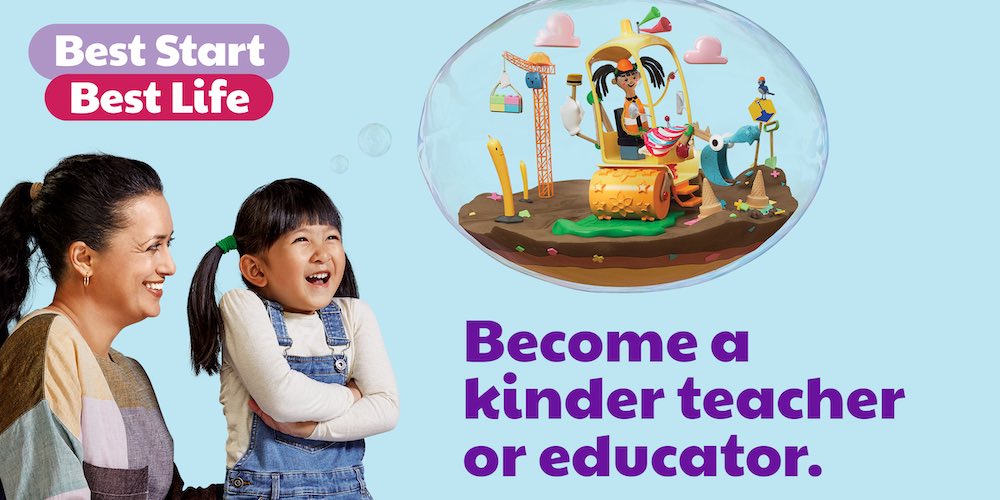Half-yearlies are coming to an end, and your break is just around the corner. Some of you have received results already, some of you haven’t, and most of you have probably stopped caring about assessments altogether.
With holidays coming up, it can be tough deciding how you are going to handle your apparent freedom. Do you spend a few hours each day studying? Do you take the entire holidays for yourself, with the plan to get back to your study schedule in two weeks time? Do you curl up into a ball and wait for the whole HSC thing to be over? In my opinion, you should make sure to have a break.
CONGRATULATIONS!
Before I go into my experiences, recommendations and tips, I want to take a moment to congratulate you all. Something that teachers don’t often talk about is that you have just gotten through the most difficult part of your HSC. It’s half-yearlies, not trials or even the actual HSC exams, that is the most difficult to cope with. Your half-yearlies usually take place within a span of about a week, or a week and a half. You’ll have exams day-in and day-out, and you won’t really be used to HSC structured assessments yet. There are more nerves, and it feels like a big deal. Everyone hypes each other up, to the point where half-yearlies are just a general shit time for most students. So, in summary, I want to let you know that you’ve managed to survive the toughest part of the year, and congratulate you!
Where to from here?
But now what? You’ve probably heard a lot about the ‘post half-yearly slump’, where students just stop studying right after their half-yearlies and then get totally shocked when Trials are right around the corner. Teachers often use this model to scare students into studying more over the holidays, so that when you get back to school it’s like you barely had a holiday at all. It is true that some students need an extra kick, to encourage them to stay on top of their work at the very least in order not to fall behind. However, I think its equally important to remember the age-old saying: the HSC is a marathon, not a sprint.
To study or not to study
These holidays, you’re going to want to study. I would definitely suggest having some sort of study routine: maybe you go to your local library every X days for Y hours with three of your mates. Maybe you do some past papers, or revise certain topics. For some fantastic general study suggestions for these holidays, check out the link here!
What I want to talk about is the importance of having a holiday, a real holiday, as well as studying in your break. It’s just so important, for really obvious reasons, that you give your brain a rest. It doesn’t like this year as much as you don’t like this year, and sometimes you just need to take a step back and remember that, at the end of the year, you will need to live with the decisions you made throughout your HSC. If you spend all of your time inside, or at the library, that’s what you will remember come 2017. If you go out, go to the beach, go camping for a few days, have a REAL break, that is what you will remember about your year. These sorts of experiences are what I think about when I think of 2014.
Grab some friends, a packet of Doritos, maybe a tent, and just drive somewhere. Find spots near Sydney that you’ve never visited, rock up to a music festival, host a party. Year 12 can be the best year of High School (as it definitely was for me) if you let it; take the opportunities that are presented to you!
There’s another important aspect with regards to ensuring you don’t spend all of your time studying these holidays. Your health, for the rest of your life, is in some ways defined by the way you act right now. Because these are the years of rapid change, how active you are and how much you learn can really impact you for the rest of your life. I’m sure we’ll do another article about the importance of staying healthy in the HSC, but I just wanted to talk briefly about it. It is really necessary to have some sort of regular physical activity in your routine; go for a run, do your 10,000 steps, go for a swim, keep playing FUTSAL, whatever floats your metaphorical boat.
Exercising actually helps you study. It is absolutely proven that studying after exercising is more effective. It keeps you motivated, it gets the right neurons firing (ask a PDHPE student for more information, because I don’t have it). So, for even the most studious student, maintaining a regular exercise routine is a huge benefit to achieve those few extra marks!
Can I combine a break with study?
Absolutely, and this was a great method I used to break the monotony of study. If you can, set up a table in your garden, and study from there. Bring some readings down to the beach, do a past paper in the park. It’s really important that you come up with creative methods to cope with what can often become painful study.
Add breaks to your study pattern, including exercise, catching up with friends etc. Make sure Year 12 isn’t completely hell.
And that’s it! Those are my suggestions for the next few weeks: Make it a proper break, but also make sure to get some work done. If you need any extra support, over the break or at any other point, check out our free online tutoring service here!










Comments
No comments yet…